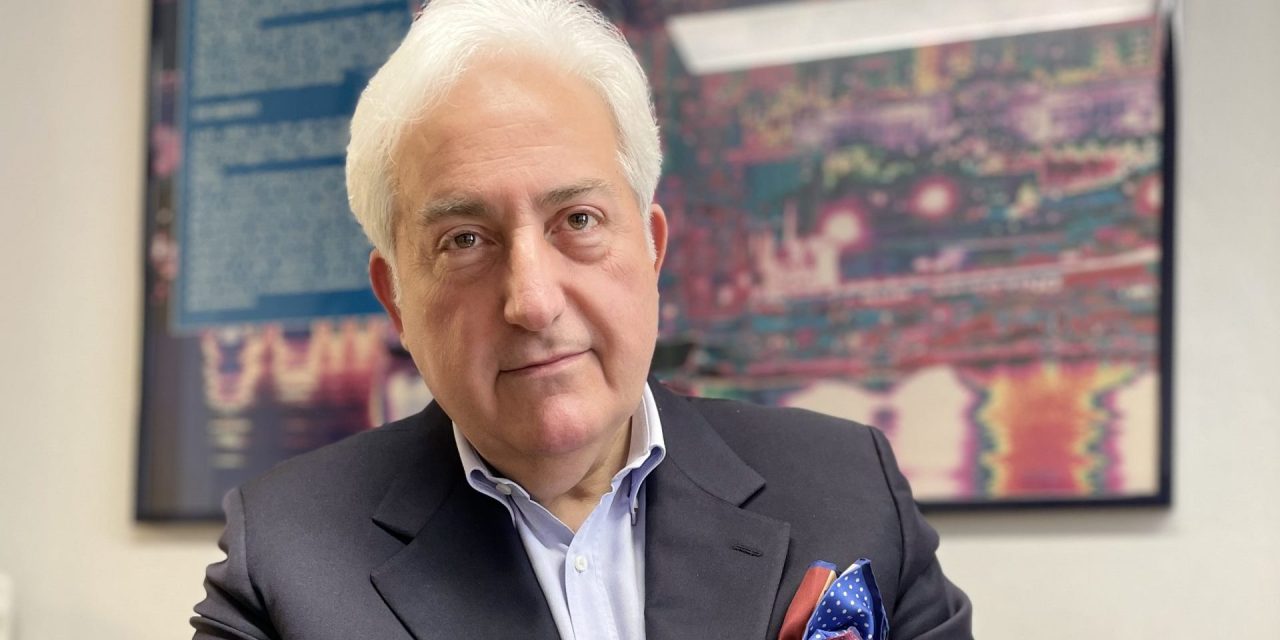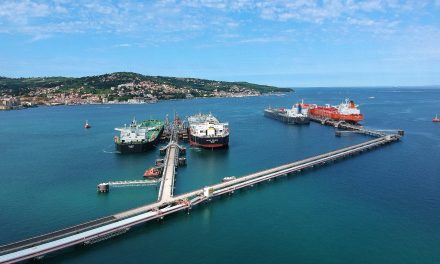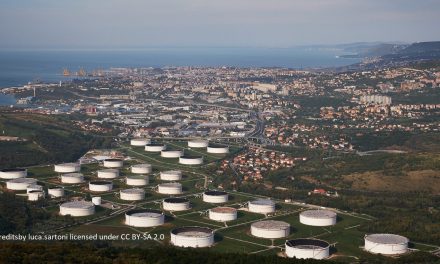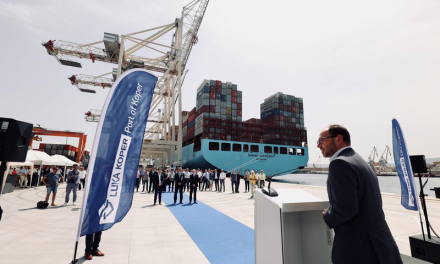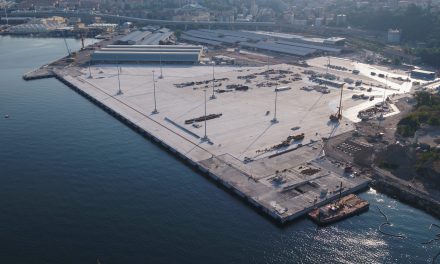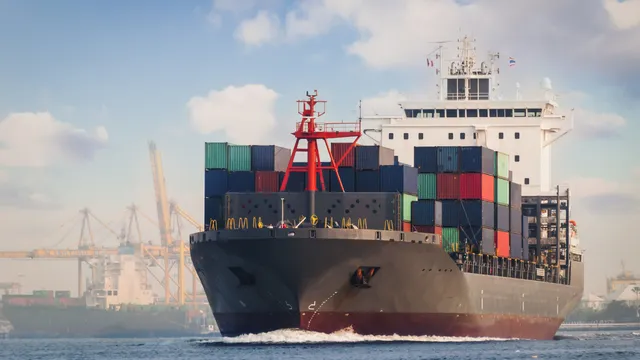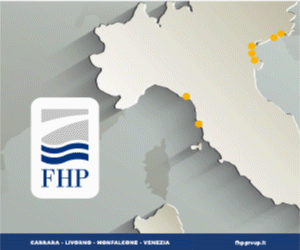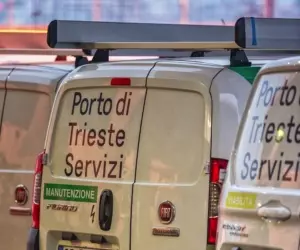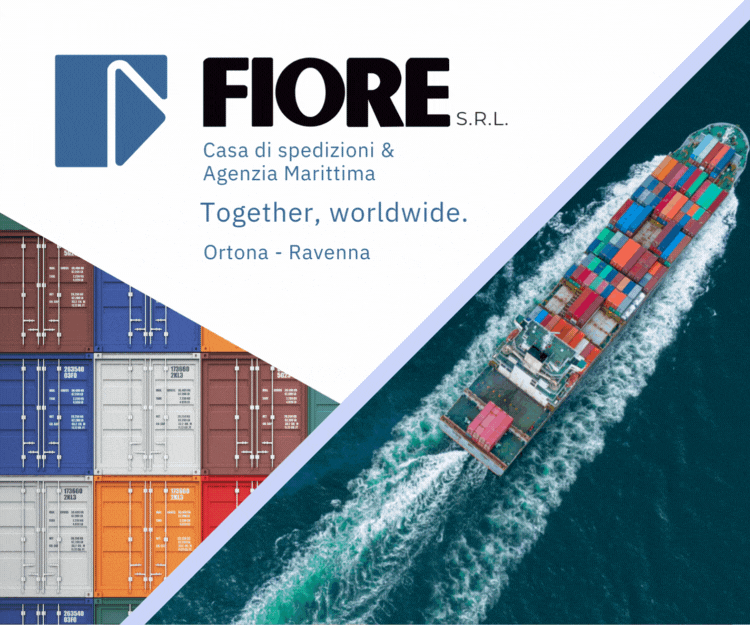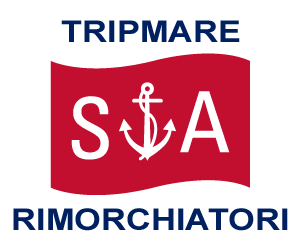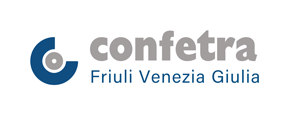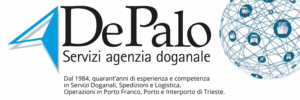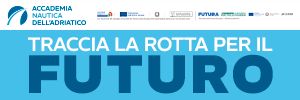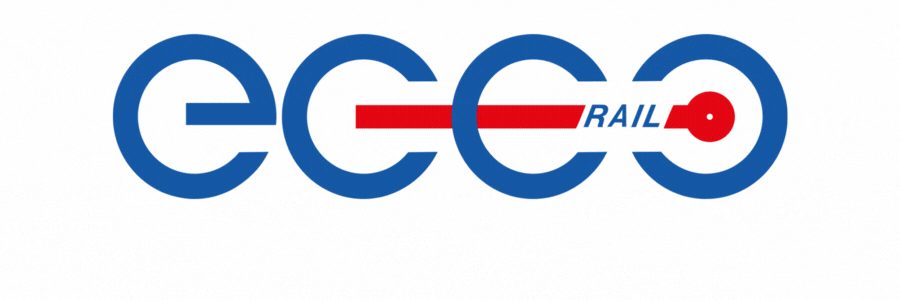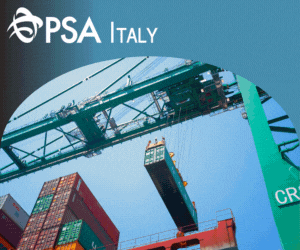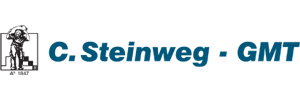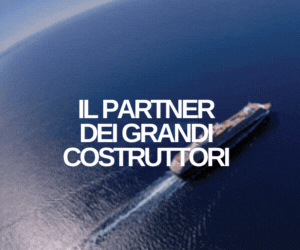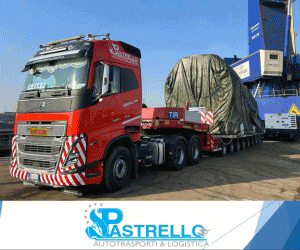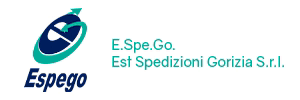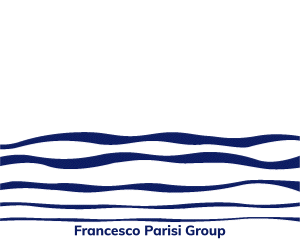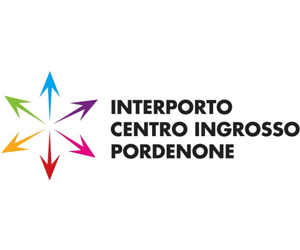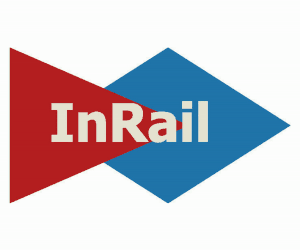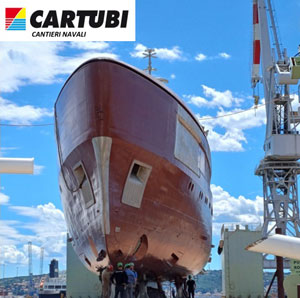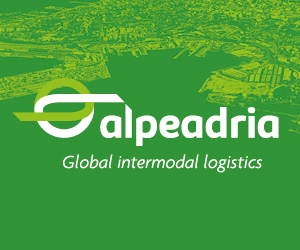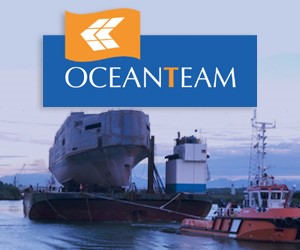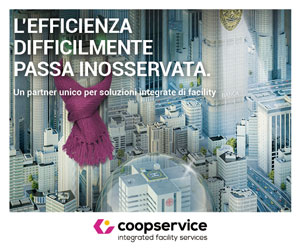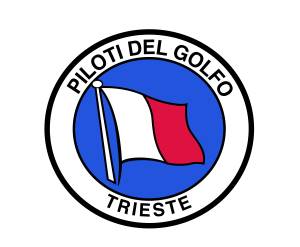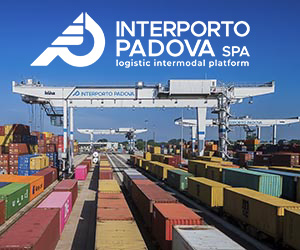TRIESTE – While his name had already emerged as the clear front-runner, it now appears all but certain that Antonio Gurrieri will be appointed as the next president of the Port Authority of Trieste and Monfalcone—even if two key steps are still pending.
Italy’s Ministry of Infrastructure and Transport has formally notified the presidents of the relevant Regions of its agreement on the proposed appointments of new presidents for the Port System Authorities whose mandates are either expiring or already under interim leadership. Gurrieri has been nominated for the Eastern Adriatic Sea Authority, overseeing the ports of Trieste and Monfalcone. The letters, signed by Deputy Prime Minister and Minister of Infrastructure and Transport Matteo Salvini, mark a pivotal step toward finalizing the appointments, which now require feedback from the respective Regions before moving to parliamentary review.
“I am pleased by the vote of confidence and await the next steps in the appointment process,” Gurrieri commented briefly. Currently serving as Secretary General of the Trieste Port Authority, he is holding off on broader remarks until the formalities are completed—a familiar stance for someone well-versed in public administration.
Gurrieri brings over thirty years of experience in the public sector, including his tenure as CEO of Alpe Adria S.p.A.—a logistics company partially owned by the Port Authority—which recently surpassed €100 million in annual revenue. In Trieste, he oversees the Authority’s administrative and financial divisions, effectively managing all internal operations. His résumé also includes an advisory role to Italy’s Minister of the Environment.
A more expansive reaction came from Stefano Visintin, president of Confetra FVG, an association representing the majority of port operators. Reflecting on Deputy Minister Rixi’s earlier remarks—praising Trieste as a forward-looking port, in contrast to others plagued by infighting and self-interest—Visintin remarked, “I have a hard time seeing the Trieste port community as a flock of lambs! While we still aspire to reach that ‘blue ocean’ envisioned by Zeno D’Agostino, we would never have survived the blood-red sea of fierce competition among rival ports without becoming wolves ourselves—wolves who have chosen to hunt as a pack, understanding that the prey must be shared rather than lost to larger, better-organized rivals. Nor do I see Gurrieri as a lamb—he’s a wolf among wolves, one who enforces the rules of the pack.”
“In line with the continuity desired by the port community,” Visintin continued, “the president-in-waiting has the opportunity to ensure the continuation of both public and private investments, which will significantly increase quay capacity and improve road and rail access infrastructure. He also has the chance to make these investments beneficial not only for shipping companies but also for cargo owners. Balancing the interests of all stakeholders in the port system is a critical role—and one I believe Gurrieri is well-suited for.”
Visintin also outlined the port community’s expectations: completion of process digitalization and implementation of predictive systems to manage truck traffic flows; reconfiguration of port entry gates, which have proven inadequate; promotion of intermodality, a field in which Gurrieri has long been a key figure; and integration of inland logistics hubs in synergy with the Autonomous Region of Friuli Venezia Giulia. A unified development model and legal framework for regional investment are still lacking. Likewise, true accessibility to rail freight remains elusive, favoring large hauliers and shipping lines over local industry. Regional freight villages should become the ideal land/rail gateways, just as ports serve as the land/sea interface.”
Finally, Gurrieri is fully aware of the strategic value of the Free Port regime, which he is expected to represent and defend. He also has a clear understanding of its potential and limitations—and how it can be integrated with, rather than replaced by, the Special Economic Zone (ZLS).



